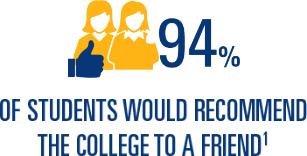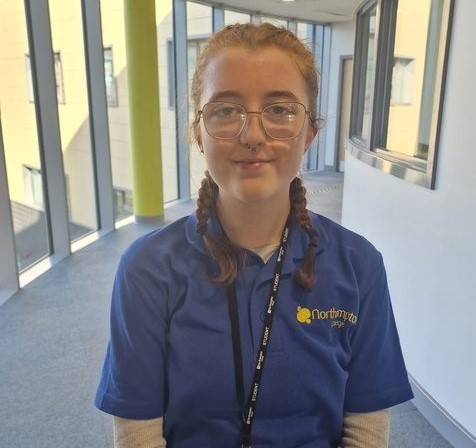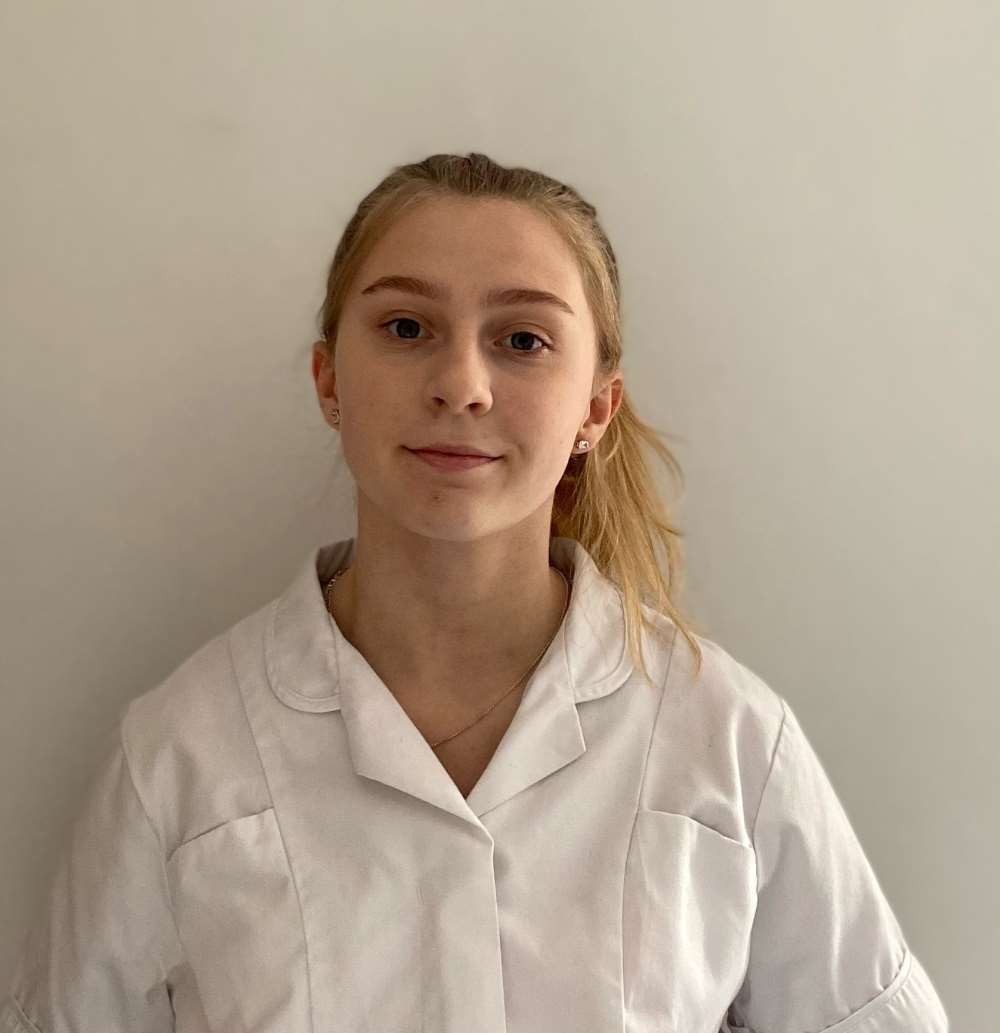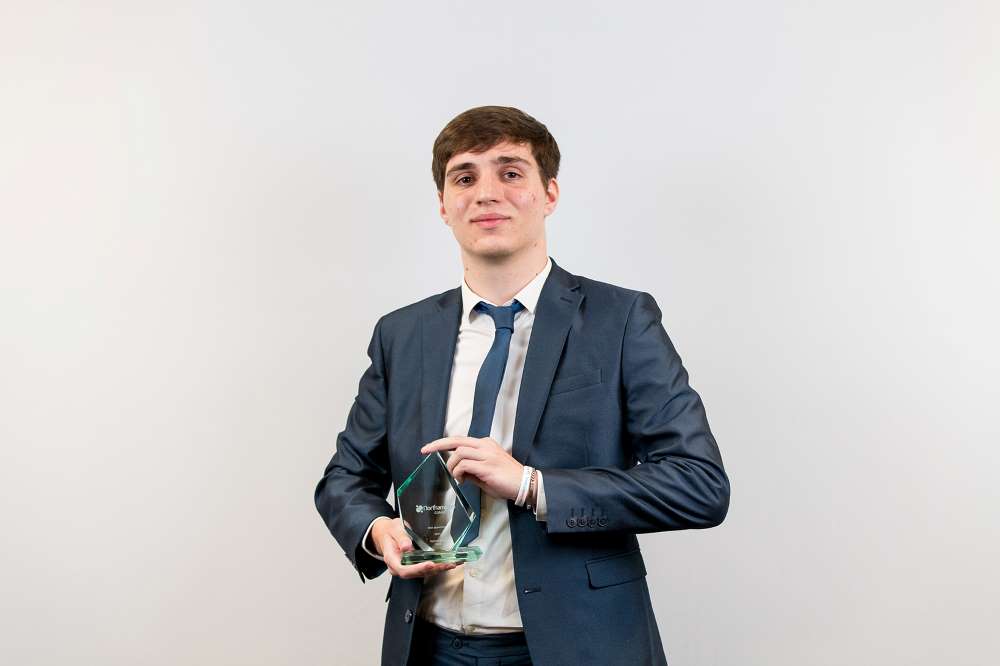This qualification is designed for individuals who are interested in working or studying further in the fields of criminology or forensic science. The qualification contains a range of units which allows learners to develop their knowledge and understanding across a range of different areas to cover: investigative procedures, psychological approaches, scientific techniques, research and crime and punishment.
-
What will I study?
The units you will study are likely to include:
Mandatory units- studied over two years:
- Principles and application of science
- Practical scientific procedures and techniques
- Science investigation skills
- Forensic investigation procedures in practice
- Applications of criminology
- Criminal investigation procedures in practice
- Applications of criminal and forensic psychology
Optional units - your course will include some but not all of the following:
- Physiology of human body systems
- Environmental forensics
- Forensic fire investigation
- Forensic traffic collision investigation
- Forensic photography
- Forensic genetics
- Forensic anthropology and archaeology
- Practical chemical analysis,
- Microbiology and microbiological techniques
*All units are subject to change and may be withdrawn.
-
Who is this course for?
This course is ideal if you have an interest in Criminology, Forensic Science, and Investigative processes .
-
How is the course assessed?
- Practical tasks
- Written assignment/coursework
- Examinations in some science units
-
Your Study Programme
If you are aged 16-18, you will join a Study Programme this could be a vocational or technical qualification. We will make sure you are working at the right level on your core qualification and are challenged to achieve the highest level of qualification you can.
Work experience will be part of your study programme and complement your college study and prepare you for employment. You will also get involved in activities to help you develop life skills and to build your confidence so you can make progress in your career.
If you have chosen to study for a T Level qualification, this will involve college-based theory and practice lessons along with relevant work placement to enable you to gain the knowledge, skills and behaviours that employers are looking for.
Weekly timetables will include tutorial support which may comprise of full group activities or one to one sessions to discuss individual progress or support needs.
All students will continue to improve their maths and English and if you don't have a grade 4 (C) at GCSE, we will work with you towards achieving that goal (subject to specific entry requirements for particular courses).
-
Knowledge
You will develop a thorough knowledge and understanding of:
-
The principles of good statement construction
-
The difference between a witness of fact and an expert witness
- Forensic strategy for cross contamination and evidence base.
-
-
Skills
You will have the ability to:
-
Document injuries accurately including use of camera systems where appropriate
-
Use an exhibit list and ensure chain of evidence process is completed
- Construct a written statement for court.
-
-
Behaviours
What is required?
-
Be professional and confident with knowledge for court
-
Work collaboratively with multiple agencies to ensure safe and effective care in ways that respect professional differences
- Show attention to detail, accuracy and precision.
-
-
General info
There may be relevant educational trips and visits that you will be expected to participate in during this course. The fees are payable at enrolment in September. The College Bursary Fund may be able to assist in certain cases.
-
Progression and Career Opportunities
If you would like to continue your studies, you could go to university and study applied science, Forensic science, Criminology or join an apprenticeship programme. Alternatively, you could apply to work in:
- Forensic Science
- Criminology
- Police investigation
-
Entry Requirements for new students
4 GCSEs at grade 4 which must include science at grade 4 and maths or English must be at grade 4, with the other being at least a grade 3.
-
Admissions Process
We recommend that you attend one of our exciting open events so that you can look around the department, the college and meet the tutors. You are welcome to do this before or after you apply. These events have proved very successful in ensuring students and their families see the best of what the college has to offer such as our inspirational teaching areas, teachers, library facilities and places to eat.
Once you have applied our experienced Enrolment Team will consider your application carefully and will let you know, by email, if the College would like to make you a conditional offer based on you meeting the specified entry requirements. If your predicted grades or career aims suggest that an alternative subject area or course level would be more appropriate for you at this stage, we will contact you either by telephone, email or text. If you have told us that you have some additional support needs we will contact you to find out more so that we can help you.




